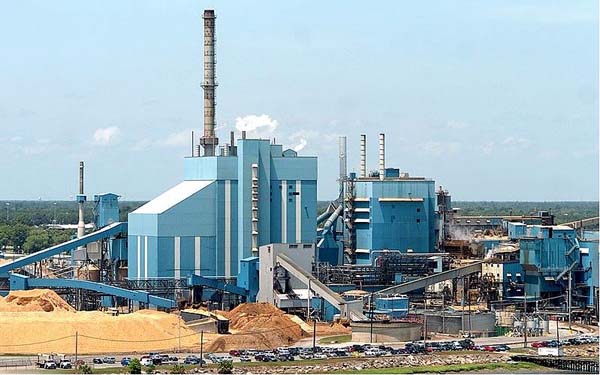KapStone Hopes For Better Year in Charleston
![]() Print this Article | Send to Colleague
Print this Article | Send to Colleague
According to a report this past week by The Post and Courier, Charleston, S.C., USA, the North Charleston kraft paper for packaging mill has been pretty much a home run for KapStone (Northbrook, Ill.) since the company bought it nearly eight years ago.
That lengthy rally sputtered at the close of 2015, partly because of an unexpected setback at the company's Cooper River site. On top of that, the historic floods that soaked the Southeast last fall and global economic pressures present a challenge for CEO Roger Stone, who the report notes should be suited to the task as no newcomer to the paper industry. In the 1980s, he led an acquisition spree at Stone Container Corp., a company that his father and uncles founded. Stone merged that business with rival Jefferson Smurfit Corp. in 1988 to create Smurfit-Stone Container. He later formed Box USA and sold it to International Paper in 2004.

One of his later large ventures was the striking of a landmark local deal in mid-2008, when KapStone bought the North Charleston Cooper River mill (photo) and a smattering of other South Carolina businesses from MeadWestvaco Corp. for $485 million. The company suddenly owned one of the Charleston region’s oldest and most critical industrial employers, a business with an estimated annual payroll of $85 million.
 KapStone has since expanded through acquisitions to other areas of the country. According to the newspaper, it now has almost 6,400 employees, including about 980 in North Charleston. In Charleston, the company has reportedly invested more than $115 million to modernize and add capacity at the Virginia Avenue mill.
KapStone has since expanded through acquisitions to other areas of the country. According to the newspaper, it now has almost 6,400 employees, including about 980 in North Charleston. In Charleston, the company has reportedly invested more than $115 million to modernize and add capacity at the Virginia Avenue mill. But its latest $18 million upgrade — to the oldest of its three local papermaking machines — turned out to be trickier than anticipated. The biggest hitch involved the replacement of a winder. Stone estimated the delays cost the company as much as $13 million in unplanned capital expenses and lost production. KapStone business operations were also on shaky ground starting with the epic rains that fell in South Carolina in October 2015.
"Generally, it’s had an effect throughout the whole mill and the cost of the mill and productivity of the mill," he said.
"Our Charleston mill skillfully navigated through the 1,000-year flooding experienced in the region in early October, resulting in only minor operating issues," company CFO Andrea Tarbox said on an earnings call shared with the Courier.
But the torrential downpours still left a mark — on the company’s supply chain budget. Tarbox said prices for the wood-based raw materials KapStone needs to feed the local mill climbed "significantly" because "logging became much more difficult."
"The impact of higher fiber cost will linger on until the area can fully dry out... However, I’m sure those people who know me will not be surprised, but today I’m very happy that 2015, as well as a bad personal health, are behind me, and I look forward to a successful 2016," Tarbox concluded.


